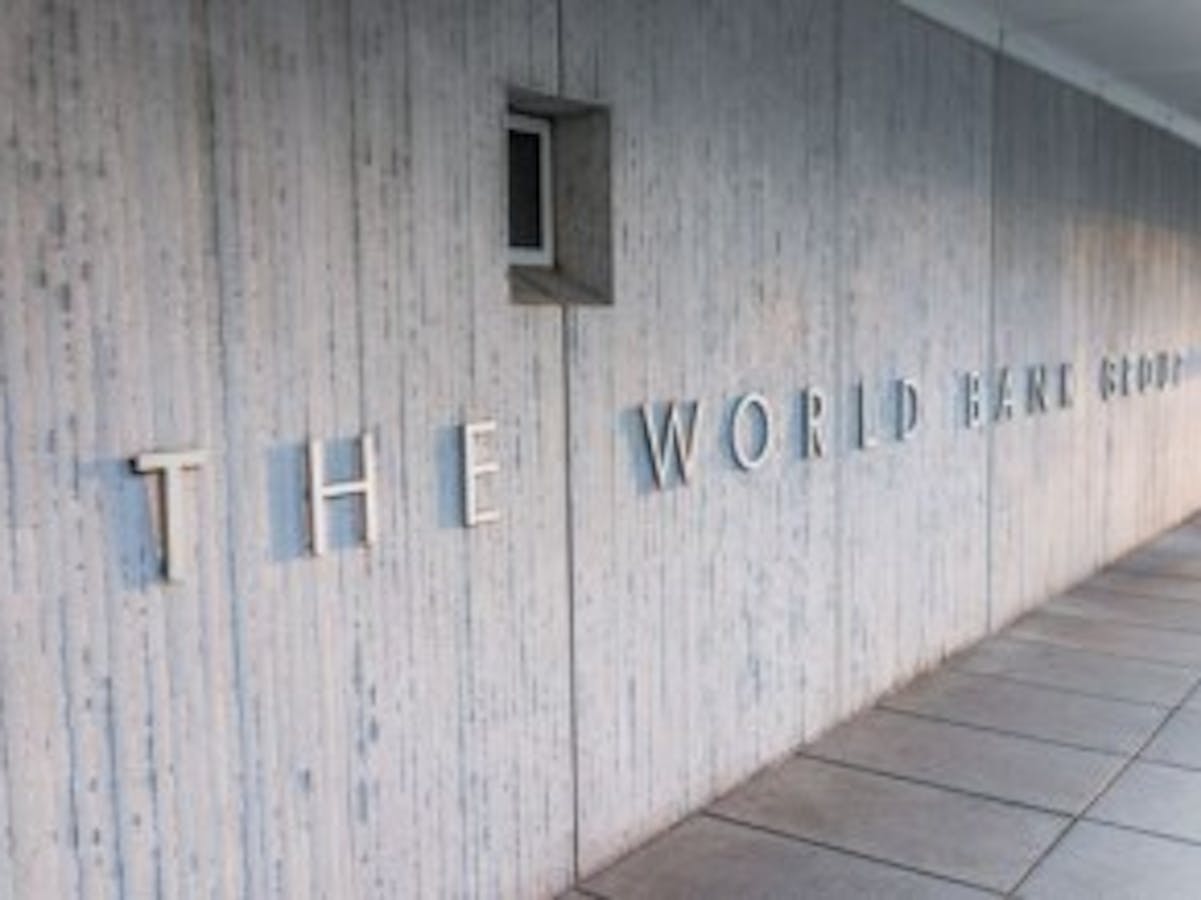Jason Farr & Christian Donaldson
Nearly 5 years have passed since the World Bank published its first Climate Change Action Plan, and it is preparing to launch a new plan in the coming weeks. Released in 2016, the Bank referred to the plan as “ambitious,” with a core commitment of increasing the “climate-related” share of its portfolio to 28%. Yet, the Bank quickly met and exceeded two years early, with climate finance reaching 32% in 2018. Clearly, the Bank has much greater capacity to scale up its “climate-related” investments over the next 5 years — a critical period for climate action, if we hope to achieve the goals of the Paris Agreement — and the Bank should seize this opportunity to adopt an Action Plan that truly espouses the ambition that is needed.
Unfortunately, there are indications that the Action Plan will not be as ambitious as we’d hoped. In December, President Malpass announced an annual target of 35% — just 3% more than the 32% that was already achieved in 2018. In addition to this underwhelming target, it’s practically impossible to have full confidence in the Bank’s numbers. Despite our best efforts, Oxfam has found it impossible to verify the levels of climate finance the Bank has reported so far at the project level with the information currently disclosed. A recent report from CARE on adaptation finance raised similar concerns. This is a serious issue given the large proportion of global climate finance being channeled through the World Bank.
The new Climate Change Action Plan (CCAP) that will run through 2025, should take a drastically different approach in four key ways:
1) The Action Plan should commit to much greater transparency in the Bank’s climate finance accounting. The Bank should systematically disclose project level climate finance assessments.
2) The Action Plan should clearly articulate a commitment to aligning 100% of operations with the Paris Agreement. A first step would be for the new CCAP to offer a detailed roadmap with targets to end all of the Bank’s direct and indirect support to fossil fuels. This commitment is of critical significance to have any chance to limiting warming to 1.5C.
3) The Action Plan should support countries in developing plans to phase out fossil fuels as soon as possible while supporting a ‘just transition’ for workers in those industries with creation of new employment and skills within a green economy, as well as support and strengthening of national utilities to manage the transition efficiently.
4) The Action Plan should shift its energy sector investments in a new direction — accelerating the generation of renewable energy and expanding energy access by establishing new household connections including through distributed renewable energy resources.
The Bank should embrace a leadership role among the Multilateral Development Banks and bilateral donors in its commitments to rapidly reduce greenhouse gas emissions. The Bank is now lagging behind some of its peers when it comes to firm commitments to support efforts to. For example, in its Climate Bank Roadmap 2021–2025, the European Investment Bank announced the end of direct and indirect financing for all unabated fossil fuels.
The Bank’s largest shareholders are looking to it to lead on climate issues. Earlier this year the Biden administration stated in a key executive order on climate change that the US will “promote ending international financing of carbon-intensive fossil fuel-based energy,” and singled out the World Bank as a key actor to “promote financing programs, economic stimulus packages, and debt relief initiatives that are aligned with and support the goals of the Paris Agreement.” This was followed by Bank officials from Europe and Canada urging Bank management to exclude oil- and coal- related investments in its climate change strategy and develop a plan to phase out natural gas except in limited circumstances. Two weeks ago, more than 150 civil society organizations and individuals have also sent an open letter to the World Bank’s president and leadership to end support for fossil fuels within its direct and indirect investments, “including development policy finance, technical assistance, and IFC’s financial intermediary portfolio through the extension of IFC’s Green Equity Approach to cover not only coal but also oil and gas.”
Scaling up investments in renewable energy can also help address the current economic crisis resulting from COVID-19 pandemic which has wreaked havoc on economies everywhere. As the IMF stated in a recent report, “Promoting green sectors, such as renewable energy and electric car production, can boost employment in the short and long term, because green sectors are typically more labor-intensive than carbon-intensive sectors such as fossil fuel energy, transportation, and heavy manufacturing.”
The CCAP is not the only way in which the Bank can strengthen its climate commitments — the upcoming replenishment of the Bank’s fund for the poorest countries, the International Development Association, will also be an important way in which the Bank commits to supporting low-income countries implement a more sustainable recovery that benefits all. To ensure all of these efforts reflect best practice and demonstrate the ambition that is needed, we strongly encourage the Bank also incorporates robust stakeholder engagement into the development of its commitments. At this critical turning point for achieving the objectives of the Paris Agreement and meeting the moment as we approach COP 26, this is a big moment for the Bank to help lead the way.

